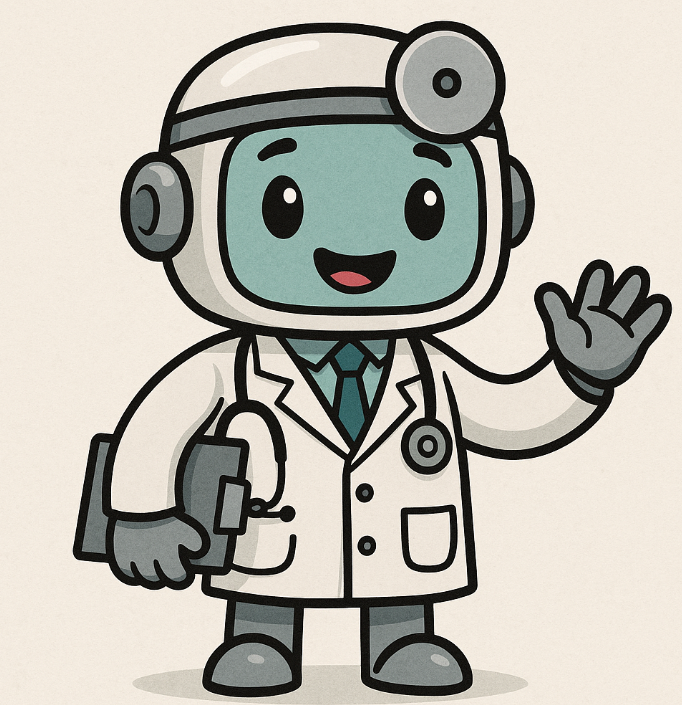
How AI and Protein Engineering are Revolutionizing Cancer Treatment: A 2025 Perspective
In recent years, the intersection of artificial intelligence (AI) and biotechnology has presented novel approaches to some of the most persistent health challenges. One of the most promising advancements is in the realm of cancer treatment, where AI-driven protein engineering is paving the way for unprecedented medical solutions. This blog post delves into the latest developments as of July 2025, exploring how these technologies are transforming public health and potential implications for future medical practices.
The Rise of AI-Driven Protein Engineering
Artificial intelligence has dramatically accelerated the protein engineering process. Previously, a tedious and time-consuming task, designing custom proteins now takes mere seconds with AI. According to a recent report on Science Daily, Australian scientists have developed bacteria-killing proteins using AI, signaling a new era in the fight against diseases such as cancer and antibiotic resistance.
Transformative Research Findings
Scientists at UCLA have leveraged AI to analyze extensive health records, leading to insights that were previously inaccessible. The integration of AI with genetic research has illuminated pathways for designing proteins that target and neutralize cancer cells effectively, minimizing harm to healthy cells. This aligns with findings reported by the New York Times, which highlight the critical role of AI in bridging gaps in lung cancer control through effective screening and tailored treatments.
Potential Impacts on Public Health
The implications of AI-driven protein engineering are vast. Not only does it hold the promise of improved cancer treatments, but it also portends innovations in vaccine development, thereby boosting global health security. As UN reports stress the urgency of advancing health technologies amidst funding challenges, AI advancements offer a ray of hope in sustaining progress despite economic constraints.
Cross-Disciplinary Innovations
- Biotechnology & Medicine: AI-engineered proteins can be used to develop personalized medicine, offering treatments tailored to individuals’ genetic profiles.
- Public Health Policy: Effective use of AI can inform policy-making, ensuring that health interventions are data-driven and equitable.
- Educational Initiatives: Incorporating AI and biotechnology advancements into medical curricula, preparing future clinicians and researchers for the digital bio-revolution.
“In seconds, AI builds proteins to battle cancer and antibiotic resistance, democratizing and accelerating protein design for medical breakthroughs.” — Science Daily
The Road Ahead
Looking forward, the integration of AI in public health, particularly through advanced protein engineering, can refine our approach to not only treating diseases but also preventing them. It promises to transform global health landscapes, making treatments more accessible and effective.
Conclusion
As we stand on the brink of this new frontier in medicine, it is crucial to invest in these technologies and foster collaborative efforts across nations and disciplines. Only through such integrated approaches can we hope to harness the full potential of AI in advancing public health.



